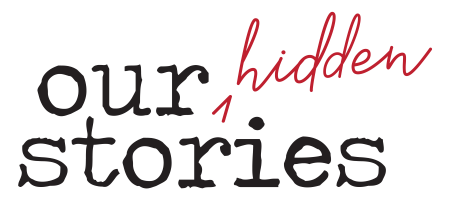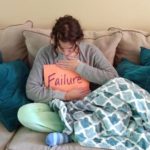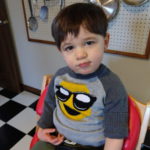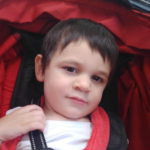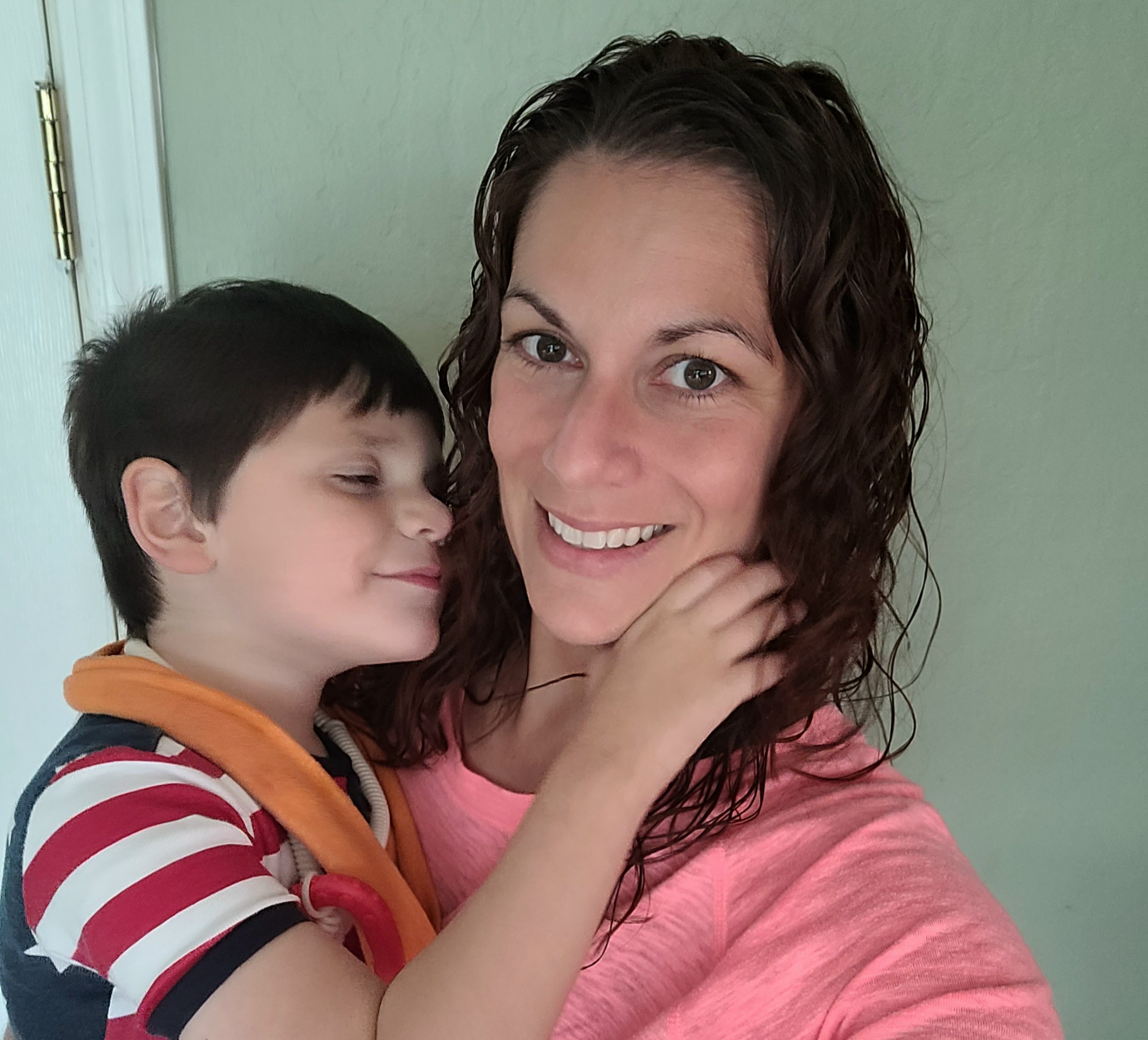
“My son has Phelan-McDermid Syndrome,” (PMS) I declared as the nurse asked if my son had any pre-existing conditions. “What was that?” she asked as many have before her and many after her will as well. “It’s a genetic deletion,” I began as I always do, “it might be easier just to write down 22q13.33 deletion syndrome,” has become my default as many in the medical field may understand chromosomes better. However, they still have no idea what those numbers and a letter genuinely mean to my son.
If your child has no diagnosis, a rare disease, a mixture of diagnoses, it doesn’t matter because we are their person. Knowing you are also an expert in that room regardless of how many degrees the other people have is the first step. I find myself explaining genetics, possible future conditions, or the irony of how my son with a rare disease is even rare within his community. This doesn’t make me chatty. It makes informative.
[…] our person depends on us to be brave enough to accept this title regardless of whether we wanted it or not.
In our case, it is often rare to find a fantastic doctor who has heard of his syndrome. But seeing it, in-person can be “exciting” or possibly a reason to run more tests in their minds. It can be effortless to assume that if our children miss the same genes, they would be similar, but the irony is how very different they can be. So, I have to educate everyone on my son, not just his diagnosis.
This is why I am an expert. I am not an expert on a syndrome. I am an expert on my son. Ironically, I can still realize my value to my son, his IEP and medical teams, and our community, even though I am not a person with high self-esteem or worth.
So how do I convince you that you too can be an expert and not know everything? Because the reality is, my son changes daily, as many growing children do. And you will look for answers to questions that no one has a solution to yet. So, how can one become an expert?
Be willing to learn.
Be willing to make mistakes.
Be willing to take a chance.
Be willing to be wrong.
Be willing to educate.
Becoming an expert in your child seems pretty daunting and yet manageable at the same time. Many will say that if there is anything you are an expert in, it should be our child. But believing it isn’t as easy as saying it. If you don’t feel like the expert in the room when surrounded by people who think they are, then realize your worth. They might have degrees or more experience in their field, but they don’t have more experience in your loved one.
It’s something I take pride in […]
Being an expert can be daunting. There will be times you won’t want that title. But here we are, in a club of experts, all with our very own specialty. If they know it or not, our child, parent, sibling, our person depends on us to be brave enough to accept this title regardless of whether we wanted it or not.
I don’t know everything about PMS. I never will. I will never know everything there is to know about my son. That isn’t what being an expert is. It isn’t about knowing it all. It’s about wanting to know more, wanting to educate others, and knowing your worth.
So I can’t tell you what is best for your child. All I can do is share what we have done. What has worked, what hasn’t and what I have learned along the way. That’s what being an expert is. It’s something I take pride in, and at the same time worry that maybe I am not enough.
Chances are you are an expert at something or someone, and maybe you don’t realize it. Just keep learning, no matter what that looks like to anyone else. Experts like us don’t need degrees, honors, and accolades. We only need to believe it and live it.
